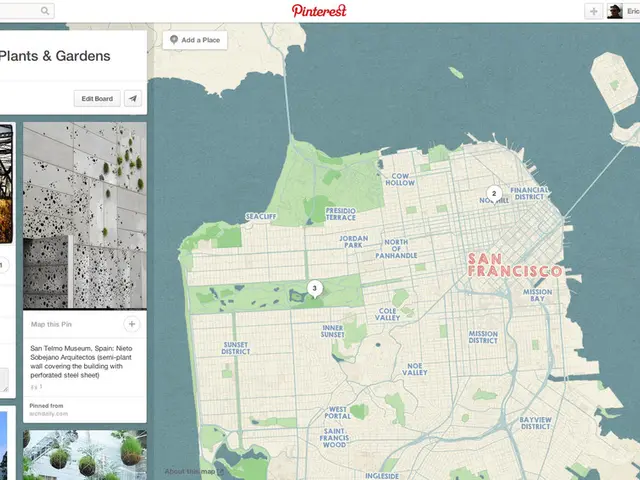Is it essential to have in-depth industry knowledge to excel as a UX Designer?
In the dynamic world of business, user experience (UX) designers play a crucial role in helping companies evolve over time. By helping customers see the wood for the trees, they can help companies break free from industry boundaries and explore new horizons.
A common misconception is that we conduct research to prove ourselves right. However, this strategy is risky, as all of us are often wrong in our initial thoughts and beliefs about a subject. This is where ignorance can be a valuable asset. Clients can benefit from our ignorance, driving us to ask questions and probe to gain understanding, which is a key part of UX research.
The quote by Alexander Pope, "A little learning is a dangerous thing, drink deep or taste not the Pierian Spring," is from the poem An Essay on Criticism. Often misunderstood, Pope didn't mean that learning is dangerous, but rather that we should either immerse ourselves in a subject or leave it alone. In the context of UX, it's important to either immerse oneself in the sector or industry that the business operates in or to keep learning to a minimum.
A lack of expertise can sometimes be an advantage in UX design, as it allows for exploration of ideas that might seem "off the wall" to an experienced industry professional. This fresh perspective can lead to innovative solutions that might have been overlooked by those deeply entrenched in the industry.
Google, the search engine giant, is a prime example of a company that has successfully expanded beyond initial boundaries. From cloud storage to application development, hardware development, tech research, and more, Google demonstrates the potential for companies to grow beyond their initial industry. This ability to see beyond the industry that a company is in can help customers to see a broader view of the world.
In UX design, being open to learning about new things can drive creativity. UX designers are experts in people first and foremost. UX research done in one industry can shine light onto new problems in other industries, as a lack of industry knowledge can lead to exploring different paths that might be dismissed by an industry expert.
Moreover, UX research done with a certain level of ignorance regarding specific sector expertise can lead to fresh insights and innovative solutions. However, deeper involvement in the relevant industry also provides valuable contextual knowledge. Balancing sector expertise with deliberate ignorance is beneficial for solving customer problems effectively.
Google's approach to one area of activity can be applied elsewhere, helping to solve problems beyond the industry sphere. Ignorance can lead to innovation in the field of UX design. The biggest benefit of ignorance is that it drives us to understand our customers and their needs, fostering a user-centric approach that is essential for successful UX design.
In conclusion, while expertise is important, a certain level of ignorance can provide a fresh perspective and drive creativity in UX design. By focusing on understanding the user and their needs, UX designers can create intuitive links to other areas of business where users suffer from similar problems, helping companies to evolve and grow over time.







